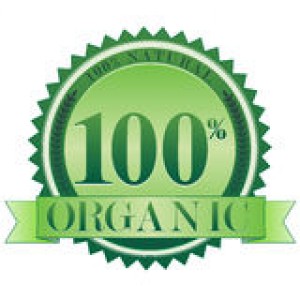News
NMI reports on organic market
26 Mar 2015NMI (the Natural Marketing Institute) has published a report entitled “2015 Growing the Organic Industry, Strategies for Brand Success”. Almost seven in ten consumers use some type of organic product, according to the report, a trend that has been moving steadily upward over the past nine years. In the U.S., organic product sales reached over $35B […]

 NMI (the Natural Marketing Institute) has published a report entitled “2015 Growing the Organic Industry, Strategies for Brand Success”.
NMI (the Natural Marketing Institute) has published a report entitled “2015 Growing the Organic Industry, Strategies for Brand Success”.
Almost seven in ten consumers use some type of organic product, according to the report, a trend that has been moving steadily upward over the past nine years. In the U.S., organic product sales reached over $35B in 2013 with organic foods and beverages representing 92% of those sales. In fact, organic food accounts for almost 5% of all U.S. food sales. And while the recession had an impact on organic food and beverage use, it is now rebounding after a post-recession flattening and all indications point to further future growth.
NMI’s organic segmentation model breaks down consumers by differing levels of usage and commitment. There has been success in this area as the past eight years show a migration toward the more committed segments.
There is a trended increase in Millennials entering the category that represents an important development for the industry as it suggests potential longevity and future expansion, the report claims.
Organic Users’ lifestyle characteristics reveal a very active, community-involved, highly influential, and information-seeking consumer group. Almost four in ten are ‘new’ (past year) Organic Users.
The motivation of consumers to choose organic is said to be a complex combination of both positive drivers and avoidance, some of which include: a craving to eat healthy, a desire to avoid negative ingredients (primarily pesticides, hormones, GMOs), a mistrust of the food chain and manufacturers, a wish to promote a sustainable and safer environment, and having a child in the household.
The ‘healthy factor’ is a key component of organics. Challenges for organic packaged goods exist, as processed foods with many ingredients are inherently viewed as less healthy, whether they are organic or not.
Despite positive growth in the industry and obvious efforts to market and communicate, confusion still abounds, the report says. Many don’t know what the characteristics or regulations of organics are, they are unclear about the benefits, or they easily confuse it with natural.
The future of the organic industry is optimistic, according to the researchers, with prospects for bringing more consumers into the fold and embracing organics with greater commitment. There is an opportunity to inform consumers, thus affecting what they think. In addition, there is opportunity to facilitate action which enables feelings of peace of mind, power over making healthier choices and progress toward personal and planetary improvements.
